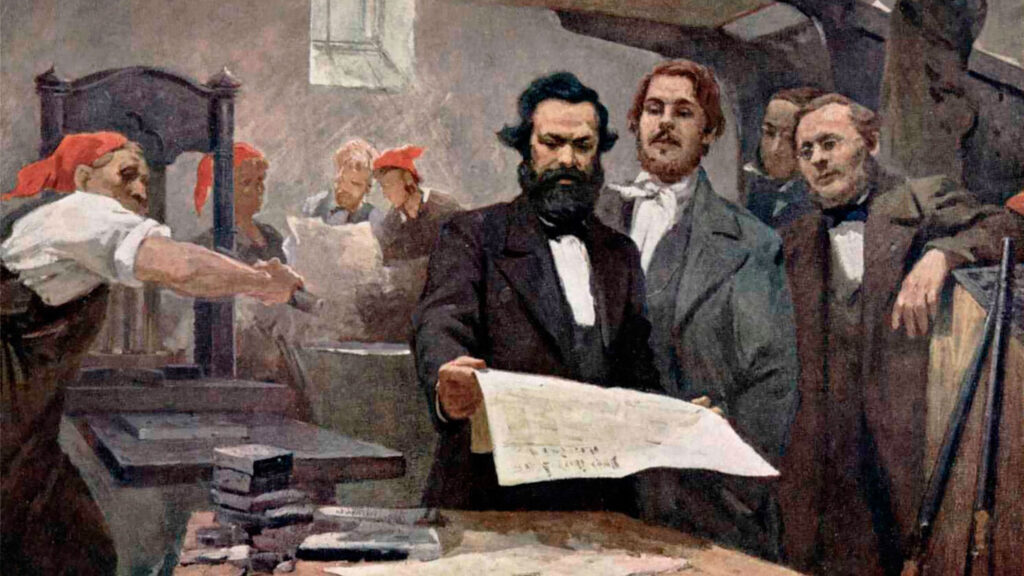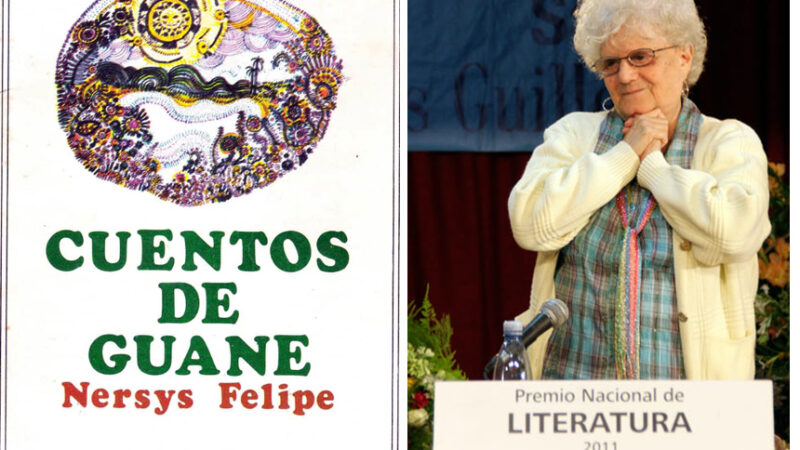Karl Marx: A Singer to the Hammer and Sad Eyes

The genius of the economist and philosopher Karl Marx (1818-1883), recognized as one of the great historical figures, reaches the present with such vitality and validity that, 140 years after his death, his thought and work are validated simply by observing what is happening in the world.
His versatility also led him to create his own committed verses: «Let us set out on the road, /however difficult and long it may be, /so as not to live in poverty, /nor to vegetate in emptiness, /prisoners of a shameful inertia, /and abandoned to an ignominious life. /Only in anxiety and daring/is man sovereign.»
He had a very difficult life, but he never sought easy ways because he was above all a fighter for the workers. The vocation of his life was to fight for the freedom and happiness of those who every day gave their sweat in long and poorly paid days of work.
Although he belonged to a privileged social class, he renounced everything and had to face the difficult fate of political exile in England, France and Belgium, forced to leave his German homeland full of privations and persecutions.
Together with Frederick Engels, another German philosopher, he created Scientific Communism, a scientific conception of the world, the theory and tactics of the class struggle of the proletariat, for its rights and the renewal of society, the law of the development of human history and the transformation of socialism from a utopia to a science.

Photo: https://www.meer.com/
With all his merits, he also went down in history as a teacher and fighter of the world working class, as an ideological inspirer and brilliant organizer of the revolutionary workers’ movement.
In a letter to the German lawyer and politician Siegfried Meyer on April 30, 1867, Marx wrote: «If one wanted to behave like a beast, one could turn one’s back on the torments of humanity and take care of one’s own skin…»
Vladimir Ilich Lenin, Russian Communist leader and chief architect of the October Revolution, defined the value of Marx’s great scientific discoveries: «Only Marx’s materialism showed the proletariat the way out of the mental slavery in which all the oppressed classes were vegetating. Only his theory explained the real situation of the proletariat in the regime of capitalism.»
He was characterized as the promoter and soul of important initiatives for the development of international solidarity of workers of all countries, founding the International Workers Association.
He was not a prophet, but a revolutionary scientist who put his knowledge at the service of the oppressed and left a great legacy, including his most important work: The Capital. This masterpiece was written in the midst of misery, almost unable to leave his house because all his jackets were pawned and he had nothing to eat.
He was fortunate to see the first fruits of his theoretical and practical activity, to enjoy recognition during his lifetime and to win the fervent love of the workers in many countries of Europe and America.
Great and useful were the influences left by Karl Marx, which made him transcend times and borders to reach this time full of authenticity. That is why on this day we remember the elegy to Karl Marx written by the young Sergio Saíz Montes de Oca, who was murdered by the Batista tyranny in 1957: «Prophet of the face covered / by the white that remains from inside the soul (…) / a singer to the hammer and sad eyes (…).»



